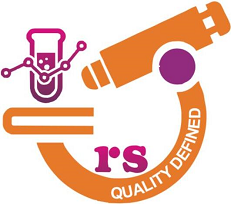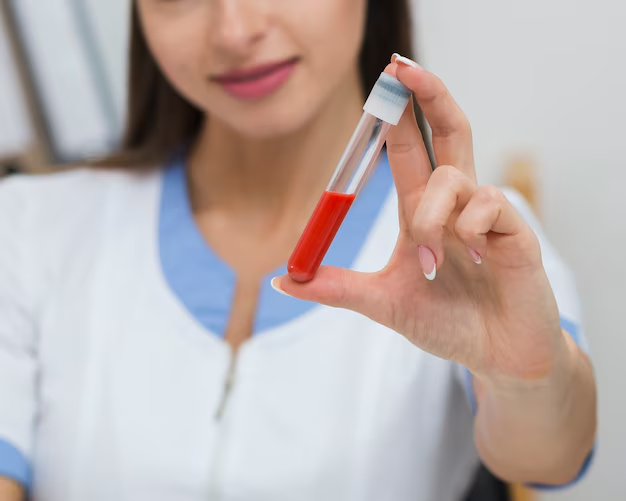support@rsdiagnosticcentre.in
Phone : +918147282686

COVID-19 Testing: Navigating the Pandemic
Welcome to our comprehensive guide to COVID-19 testing, an essential resource to help you understand the various testing methods available during the ongoing pandemic. COVID-19 testing plays a critical role in identifying and managing the spread of the virus, ensuring public health, and safeguarding communities. In this section, we’ll explore the different types of COVID-19 tests, their purposes, and their significance in our collective fight against the virus.
The Importance of COVID-19 Testing:
COVID-19 testing is a crucial tool in controlling the spread of the virus. By identifying individuals who are infected, even if they show no symptoms, testing helps isolate and treat cases promptly, preventing further transmission. Testing also provides valuable data for public health officials to make informed decisions and allocate resources effectively.
Types of COVID-19 Tests:
There are two primary categories of COVID-19 tests: molecular tests and antigen tests.
• Molecular Tests (PCR Tests): These tests detect the genetic material of the virus. They are considered highly accurate and are often used for diagnostic purposes, especially in individuals with symptoms or known exposure.
• Antigen Tests: Antigen tests detect specific proteins on the virus’s surface. While they are generally faster and less expensive than molecular tests, they may be slightly less sensitive. They are particularly useful for rapid screenings, especially in settings like healthcare facilities and schools.
Getting Tested:
If you suspect you have COVID-19 or have been in close contact with someone who tested positive, getting tested is crucial. Consult your healthcare provider or local health department for guidance on when and where to get tested. Testing sites, including clinics, hospitals, and dedicated testing centers, offer safe and efficient testing options.
Interpreting Test Results:
Understanding COVID-19 test results is important for making informed decisions. A positive result generally indicates an active infection, while a negative result suggests that the virus was not detected at the time of testing. False negatives and false positives are possible, which is why following public health guidelines, regardless of test results, remains essential.
Staying Informed and Safe:
As the pandemic evolves, so does our understanding of COVID-19 testing. New testing methods and technologies continue to emerge, contributing to more effective testing strategies. Staying informed about the latest recommendations from reputable sources such as the World Health Organization (WHO) and the Centers for Disease Control and Prevention (CDC) is crucial for making informed decisions about your health and the health of your community.
Stay tuned as we delve deeper into the nuances of COVID-19 testing, including testing for travel, at-home testing options, and the role of testing in vaccine distribution efforts. Our goal is to provide you with accurate information that empowers you to navigate the pandemic with confidence and responsibility.
Continue exploring to learn more about the evolving landscape of COVID-19 testing, tips for preparing for a test, and answers to common questions about testing. Your journey to understanding and contributing to the fight against COVID-19 starts here.
Add Comment
R S DIAGNOSTIC CENTRE.All Rights Reserved © 2025









Comments
Be the first to review